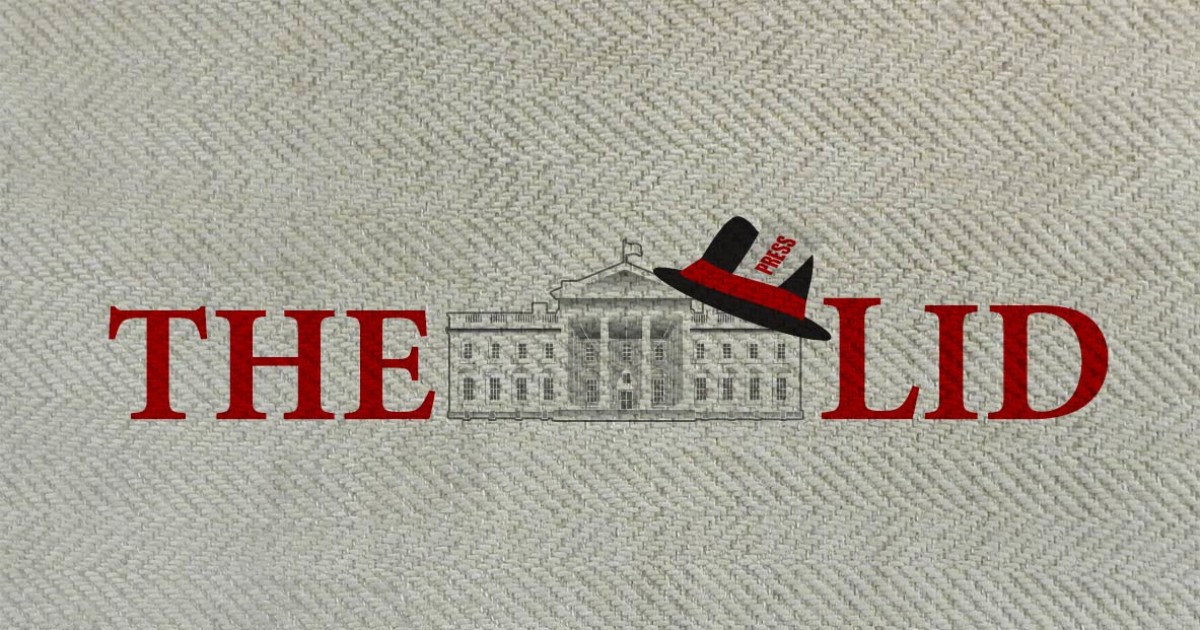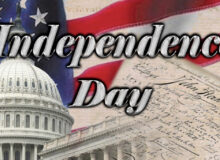It supposedly started with the Saudi government executing a Shia cleric who (they claim) was trying to overthrow the monarchy. That was followed by Iranian protesters (it was probably arranged by the Iranian government) attacking the Saudi Arabian embassy in Iran, which Saudi Arabia followed up by breaking off relations with Iran ordering Iranian diplomats out of the country. There are rumors that other Sunni countries such as the UAE may join the Saudi Kingdom in tossing out Iran.
UPDATE: Sunni Sudan has expelled the Iranian Ambassador, and the UAE has downgraded its diplomatic relations with Iran. The UAE’s Foreign Ministry also said it was recalling its ambassador from Tehran.
What’s next is that this conflict may flare up into a Shia and Sunni regional war that was started 14 centuries ago but fanned by recent impotent policies of the United States including the Iran nuclear deal.
This is a battle which started centuries ago after the death of the Prophet Mohammed some 1,400 years ago, as a disagreement about who should succeed him. The Sunnis felt that Abu Bakr, a close friend of the prophet’s, ought to be the next Muslim leader. But the Shiites claimed that Mohammed had anointed his son-in-law, Ali, as his rightful successor.
The Sunnis won out, but a rupture in Islam was created. The chasm was cemented when Ali’s son was later killed by the ruling Sunni’s troops an event which the Shiites commemorate every year. Roughly 85% of the 1.6 billion Muslims across the world are Sunnis.
Sunnis and Shias have been hating themselves for the past 1400 years. The map below shows which countries are which. Just to add the the conflict, Terrorist group Hezbollah is Shia, ISIS and al Qaeda are Sunni

The word Sunni comes from “Ahl al-Sunna”, the people of the tradition. The tradition in this case refers to practices based on precedent or reports of the actions of the Prophet Muhammad and those close to him.
Sunnis venerate all the prophets mentioned in the Koran, but particularly Muhammad as the final prophet. All subsequent Muslim leaders are seen as temporal figures.
Saudi Arabia is the leader of the Sunni world and the holy cities of Mecca and Medina are in the Kingdom. Iran is the leader of the Shia world, they believe the Saudi monarchy should be overthrown and replaced by Shiites to control the holy cities.
Note: It is not true that if a Shia and Sunni marry their children will be Sushi.
While tensions between Saudi Arabia and Iran have always existed because of the religious divide, it’s gotten much worse in recent months There are on-going proxy wars between the two countries in Shia dominant Yemen and the Sunni majority country of Syria.
Adding to the tension is the Obama deal with Iran. In Saudi Arabia the ruling monarchy fears Shia Iran will try to overturn its rulers. The Iran deal upset the fragile Sunni/Shia balance in the region and put the Saudi monarchy on edge.
The Saudis started losing trust in the U.S. when Obama drew the red-line in Sunni Syria and then punted. Syria is majority Sunni but their rulers are Alawites which is a branch of Shia Islam. Then came the Iran deal which was seen by the Saudis as Obama choosing the Shias over the Sunnis. The kingdom was more low profile in its opposition than Israel, but their diplomats were quietly talking to the US about the dangers posed by Iran.
As Reuters reported soon after the deal was announced:
Saudi officials fear an Iran released from international pressure and economic sanctions will have more freedom and money to back allies across the region who are opposed by Riyadh.
A Saudi official told Reuters after the Iran agreement was announced that he feared the agreement would make the Middle East more dangerous if it gave too many concessions to an Iranian government that Riyadh blames for turmoil in Yemen, Syria and Iraq.
Meanwhile, a Saudi official said Iran’s nuclear deal with world powers on Tuesday will make the Middle East a “more dangerous part of the world” if it comes with too many concessions, signalling Gulf Arabs’ deep unease at the agreement.
The lack of official responses from Saudi Arabia and its Gulf allies reflected huge nervousness about a deal set to end the pariah status of Iran, already Riyadh’s main rival for influence across the Middle East, and unchain its economy from crippling sanctions.One Saudi diplomat described the agreement as “extremely dangerous” and said it would give a green light to his own government to start a nuclear energy programme.
Iran has taken of the many U.S. concessions as a carte blanche to whatever it wants. Witness the fact they launched two ballistic missile test against UN sanctions. In fact the Iranian parliament has rejected the formal, legal text of President Barack Obama’s nuclear deal, negotiated in July by the U.S., U.K., France, Germany, Russia, China and the Tehran regime. Instead, the legislature approved their own version of the Joint Comprehensive Plan of Action (JCPOA), creating a situation where the Iranian government simply hasn’t signed on to the accord that Obama and Democratic Senators obligated the United States to uphold. And the fact throughout all this they haven’t been punished is a message to Iran they can do whatever they wish, and a message to the Saudis they are on their own.
Recent hints by the Obama administration that they will allow the Alawite (Shia) Bashar Hafez al-Assad to rule over the Sunni majority in Syria simply adds to the Saudi fear that they have been abandoned by the United States.
This latest battle which seems to be brewing between the Sunni world led by the Saudi Arabian monarch and the Shia world led by the Iranians, started much earlier than last week’s execution of a Shia cleric. It started 1400 years ago with a fight between Mohammed’s son-in-law and one of his close friends. The pressure between the sides was increased by an incompetent U.S. foreign policy which sent the Sunni Islam Saudis a message that the west was on the side of the Shias.
Unless someone finds away to throw water on the fire growing between these two sides it will quickly erupt into a regional war.
Ed Morrissey gives his take on the situation at Hot Air-as usual it’s worth a read, “WaPo: White House suddenly concerned about Iran-Saudi eruption, as is Paul Mirengoff’ post at PowerLine Middle East Fires Blaze Hotter Following U.S. Capitulation To Iran.






